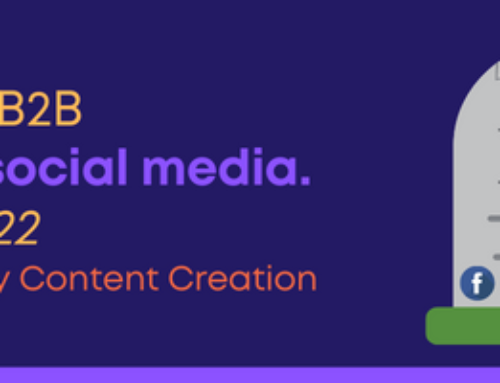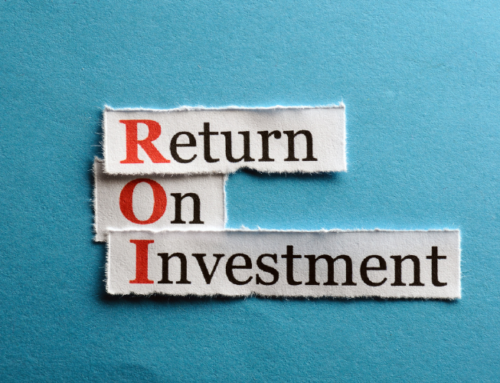When you work with hundreds of small and medium businesses over dozens of years like I have, patterns emerge. Are you a business owner who is frustrated with marketing results? Having trouble connecting marketing efforts to sales wins? You’re most likely falling into some common traps.
Following are my top five marketing mistakes small and medium businesses make. I hope you take these insights into your 2022 planning sessions. Once these mistakes are corrected, you will be able to differentiate your business against your competition, improve lead conversions to sales, and implement simple ways to measure ROI. If you’d like to learn more, join my free webinar Jan. 20, 2022, on this same topic.
- Looking and sounding like your industry instead of your customers.
Successful brands relate with, resonate with, and engage with their audience. Tap into their needs using their language. If you lead with industry jargon, they won’t see how you can help them. Keep it simple – even the most complex business sale only helps a customer do things better, faster, or cheaper.
- Choosing the wrong tactics or being sold things by marketing “specialists”.
You don’t know what you don’t know. So, get a trusted opinion about a tactic before you trust the provider. Digital marketing has a lot of business owners feeling they need to surrender their opinion to someone who understands the intricacies. Always remember – the principles of marketing have not changed, only the methods for reaching an audience.
- Winging it – no plan, no goal, “I guess we’ll have to wait and see”.
An ounce of prevention is worth a pound of cure. Develop a one-page marketing plan in advance of any marketing initiative and include a hypothesis or a goal you hope to achieve. Incorporate A/B testing or opportunities to pivot when necessary. And when you review your results, don’t forget to embrace the lifetime value of a new customer – not just the first sale value – when evaluating ROI.
- Slow or no response to valuable leads, interactions, or inquiries.
The scenario: marketing is delivering leads that sales is not responding to. There are many reasons for this – lack of communication, no common goal, differing opinions on what is a lead worth responding to. The bottom line is that the odds of connecting with a lead decrease over 10 times after the first hour! In most cases, if you don’t have a system to respond in the same day, forget about it.
- Thinking that marketing and sales are different, they’re not.
The only difference between marketing and sales is that marketing does one-to-many what sales does one-to-one. They’re both simply parts of the revenue generation process and should be treated as such. In B2C companies, marketing has the potential to complete an ecommerce transaction. In B2B companies, marketing can only handle the first few steps of the sales process. In B2B, it is important for the business owner to work with marketing and sales to agree on the definition of a lead and determine how it should be handled.
Gravity Marketing works with B2C and B2B business owners every day. We know the challenges you face when it comes to marketing and lead generation. The No. 1 reason why companies turn to outsourced marketing is to invest in getting their marketing back on track.
If you are stuck in a marketing frustration loop, fill out our free marketing assessment tool, contact us today for an informational call, or join me on the live webinar Jan. 20.








